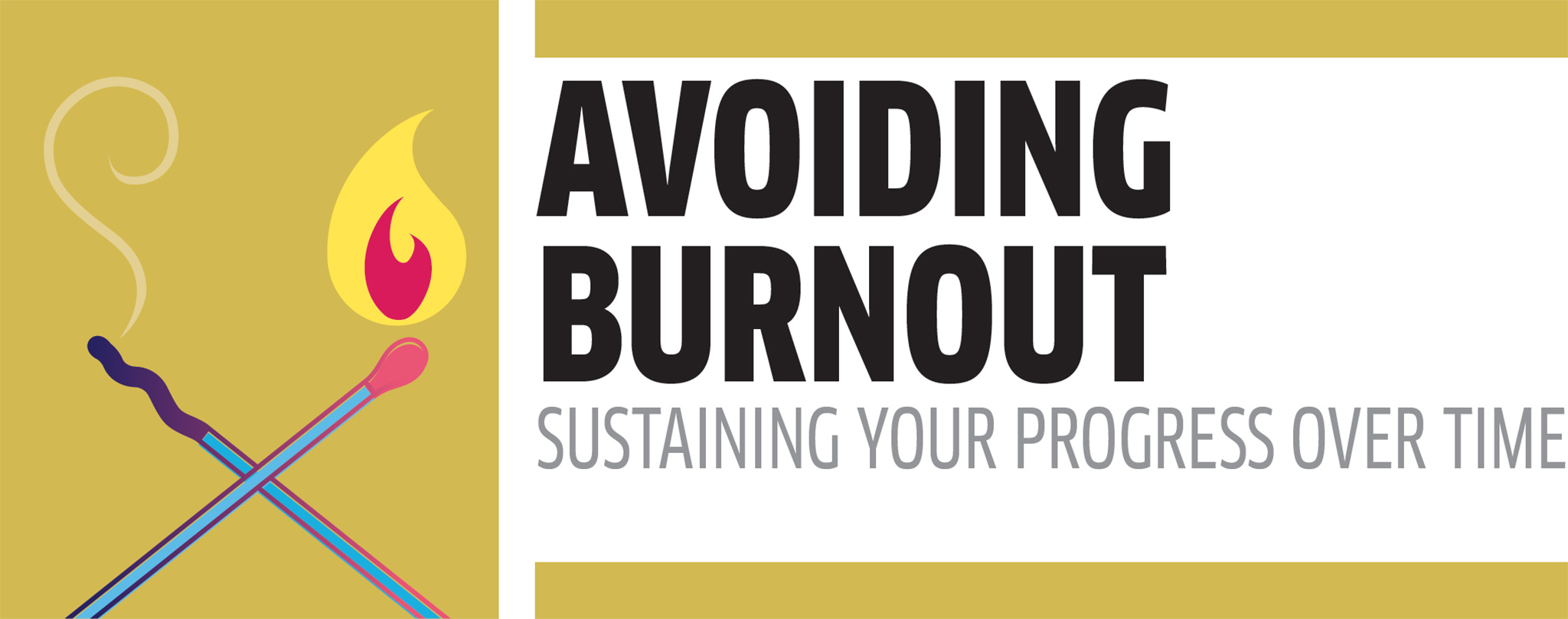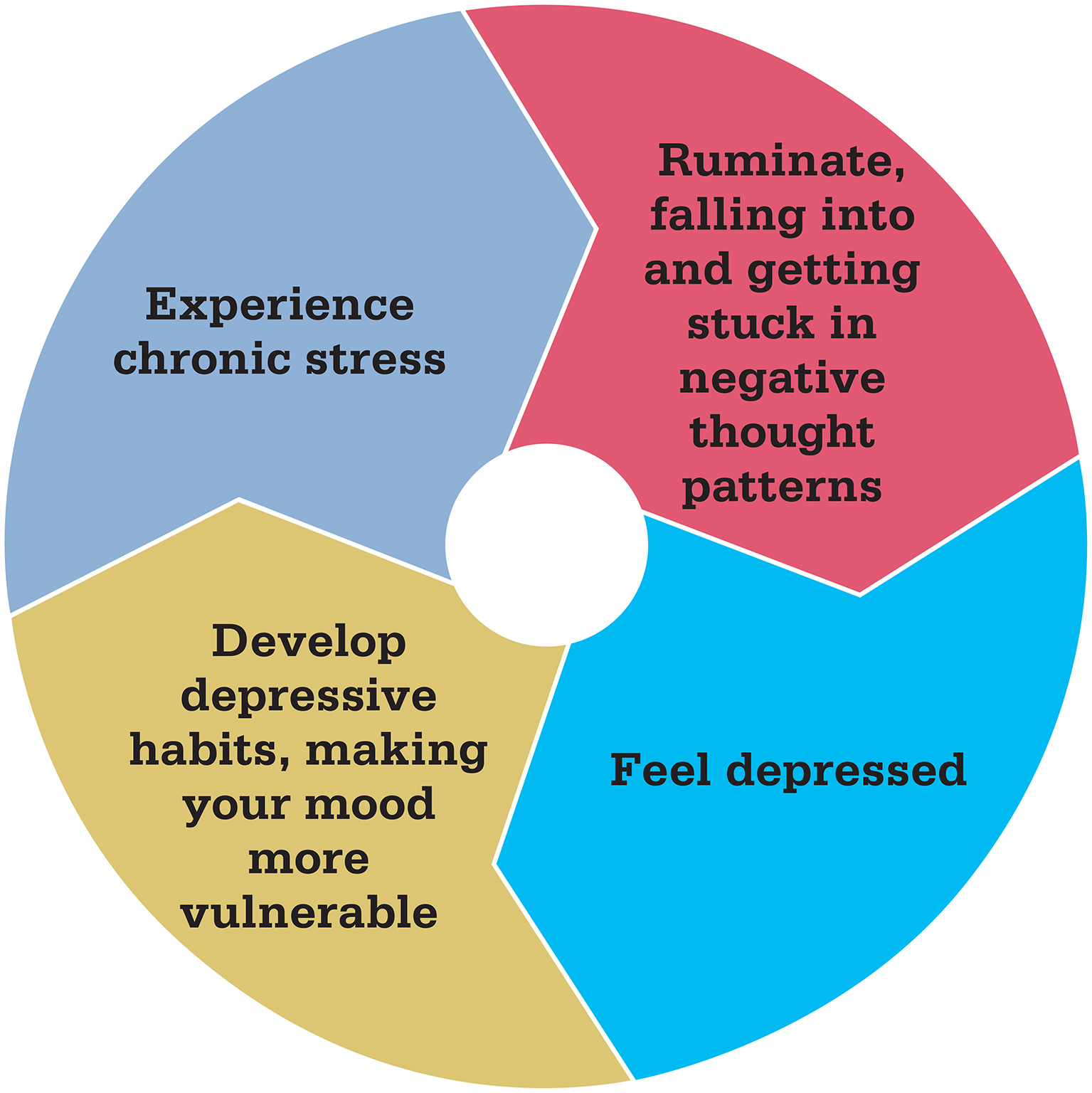
Burnout doesn’t happen overnight, but if you’ve been pushing yourself for too long you may not realize you’re heading for trouble until it’s too late. Learn to recognize the signs and take steps to look after yourself.
We all have days when we’re tired, but burnout is more serious. Burnout occurs when chronic stress overwhelms you to the point where everything in your life starts to suffer. Your efforts need to be sustainable over the long term, and protecting yourself is much more effective than waiting until you are spent to take action.
The telltale signs
To know when it’s time to give yourself a change or a rest, watch out for these problems:
- Lots of minor health complaints. Your immune system weakens when you’re exhausted, and this means you’re more susceptible to bugs and illnesses. You may also develop stress-related symptoms such as headaches, palpitations, dizziness, chest pains, and stomach problems—in which case, see a doctor.
- Chronic tiredness. If you’re tired after a big effort, that’s one thing, but if you’re tired all the time—especially if you feel too tired to get simple, everyday things done—you may be suffering from burnout.
- Trouble sleeping. If you’re chronically stressed, you’re in a state of constant arousal, which means it can be hard to shut off and relax at the end of the day.
- Impaired memory and concentration. Too much pressure pushes your body into a state of “fight or flight.” In the short term this can help by diverting all our cognitive resources to a single problem, but we’re not designed to live like this over an extended period. If you’re developing tunnel vision or feeling confused, you may need a proper rest.
- Diminished job performance. Compare your current performance to how you were doing a year or two ago. Burnout tends to reveal itself in a slow but steady decline.
- Interpersonal problems. Are you having more disagreements and quarrels than usual? Or are you feeling detached from others?
- Poor self-care. Are you forgetting to eat, or living on junk food? Are you going without exercise or sleep?
- Dark emotions. Anger, depression, anxiety, cynicism, and numbness indicate that you may be reaching your limit.
Preemptive measures
If you notice any of the warning signs, follow these steps to get yourself back on an even keel:
- Say “no” where you can. Some things may be non-negotiable, but don’t take on any more than you absolutely have to (Standing Your Ground).
- Forget perfectionism. Your aim is to be “good enough,” not perfect.
- Don’t ruminate. Rumination is when we lapse into a spiral of brooding (see “The ruminative cycle,”): remind yourself of the positives or distract yourself with something else to break the pattern.
- Know when to get out. Potential causes of burnout are situations of unfairness, insufficient reward, unsupportive communities, and lack of control. Sometimes the solution is to change your environment.
- Take care of yourself. You have to eat, drink, sleep, and get some exercise: neglecting your physical well-being is a false economy.
- Have a place to be vulnerable, preferably with other people who are going through the same problems as you.
- Live your values. A big cause of burnout is a disconnect between what you believe in and what you’re working toward. Find ways to do things that align with your principles.
Put your own well-being first: it helps no one if you run yourself into the ground. It’s more efficient to function at a level you can comfortably sustain over the long term—this is a key component of achieving and maintaining enduring success.
The ruminative cycle
Reflecting and planning can be helpful, but beware of the “ruminative cycle,” shown below, in which dwelling on negative thoughts can become self-reinforcing. If you find yourself getting mired in worries, resentments, or bad memories, remember that the solution involves breaking a habit. When the problem is overthinking bad feelings, you can’t think your way to a solution—it’s better to go and do something completely different. Listen to music, read a book, cook a meal—whatever it takes to get your mind running along pleasanter lines. It may take some effort at first, but persevere, and you may find your mood lifts.

optimum workloads
The type of control we have over our work can have an impact on our health. A 2010 Australian–Canadian study found that people who are self-motivated and have a high level of control become less prone to illness as their workload increases. Try to identify your own optimum workload: it may seem counterintuitive, but an increased workload may improve your health.

